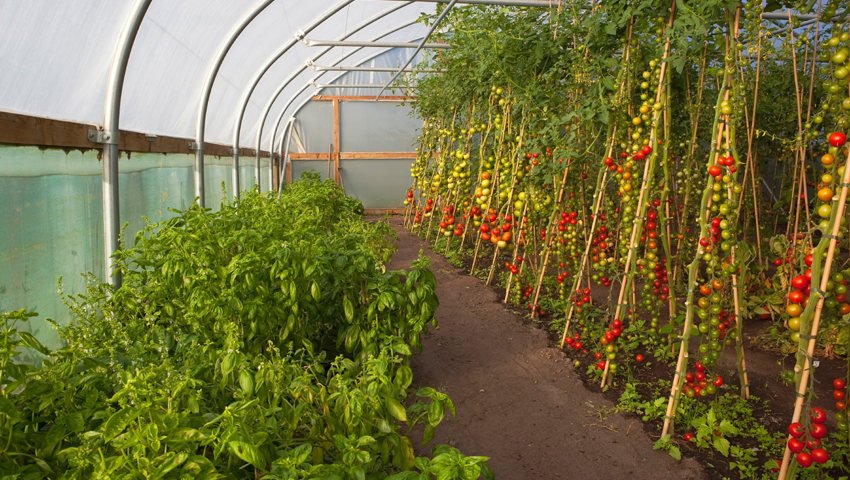WRITING on the Savills website, Alex Bragg, Head of Cambridge Rural Department, says that the lack of salad on supermarket shelves this winter has once again raised the question of food supplies and food security.
He says “Brexit has undoubtedly led to less imports from the EU due to the complexities around the paperwork. Extreme weather in Spain and Morocco caused crops to fail. The increased cost of energy due to the Russia-Ukraine war led to Dutch farmers reducing their glasshouse use to save on costs. And supermarkets are not paying suppliers enough in light of the increased costs growers are facing this year.”
But whatever causes a shortage, he says, “the effects are the same. The only real way to guard against the first three of these issues is to reduce our reliance on imports and produce more, sustainably, from within our own country.”
Undercover fruit and vegetable production is part of the solution, according to Mr Bragg. “This year’s shortages were all of fruit and vegetables that can be grown under cover – away from the effects of extreme weather – either in environments that control everything from the amount of water and light to levels of humidity and nutrients, or glasshouses which, depending on their age, allow different levels of control.”
There is increasing interest in controlled environment horticulture so the government’s decision not to bring forward a horticulture strategy is a backward step.
Where government has failed there is an opportunity for business. Mr Bragg says that “The recent fluctuations in energy prices should steer the UK to develop more tactically and co-locate facilities so that they take advantage of waste heat or renewable energy, say. For example a glasshouse that needs extra heat putting in to extend the growing season could be situated next to a data centre or an anaerobic digester (AD) plant and make use of that industry’s waste heat. Or a vertical farm – which requires a high level of energy for its lighting and automated systems but produces its own heat from these systems – could partner with an energy company to arrange a power purchase agreement from a local renewable site.
“With a controlled environment, the ideal site is one with good infrastructure to move the product to the market, the space to develop large buildings so that it can benefit from the economies of scale and therefore ideally, an area with reduced land costs. One piece of Savills Research calculated that establishing a 10,000 sq m CEH site at a freeport, for example, could amount to cost savings of £2.85m over five years due to the business benefits and Stamp Duty relief currently on offer. Using brownfield sites to safely produce food leaves greenfield sites free for conventional agriculture or natural capital such as woodland creation or improving biodiversity.”
While the Environment Secretary may expect an increase in the sales of turnips, it is more likely that the British appetite for year-round tomatoes, peppers, lettuces and cucumbers will continue.
